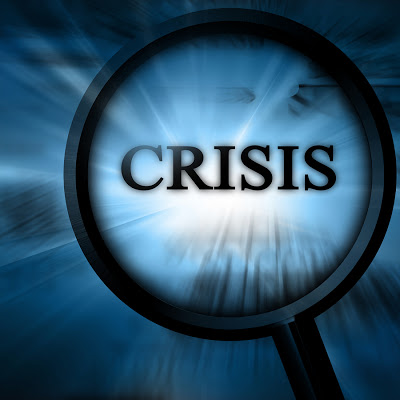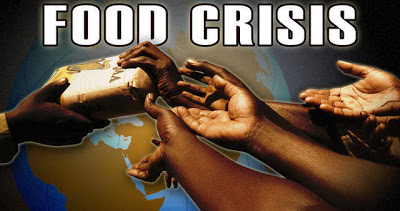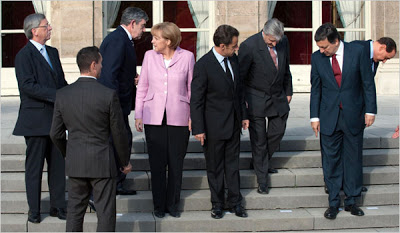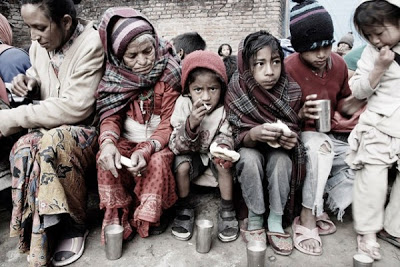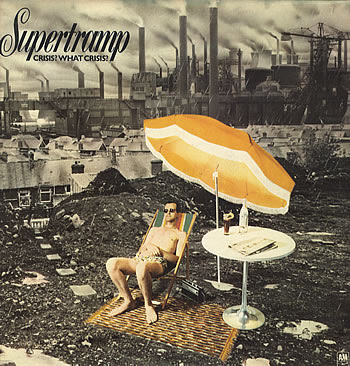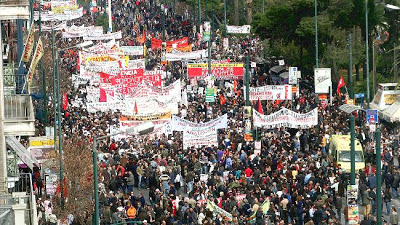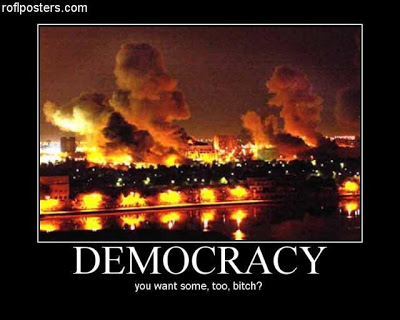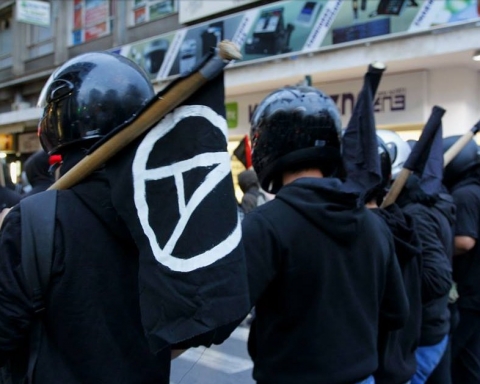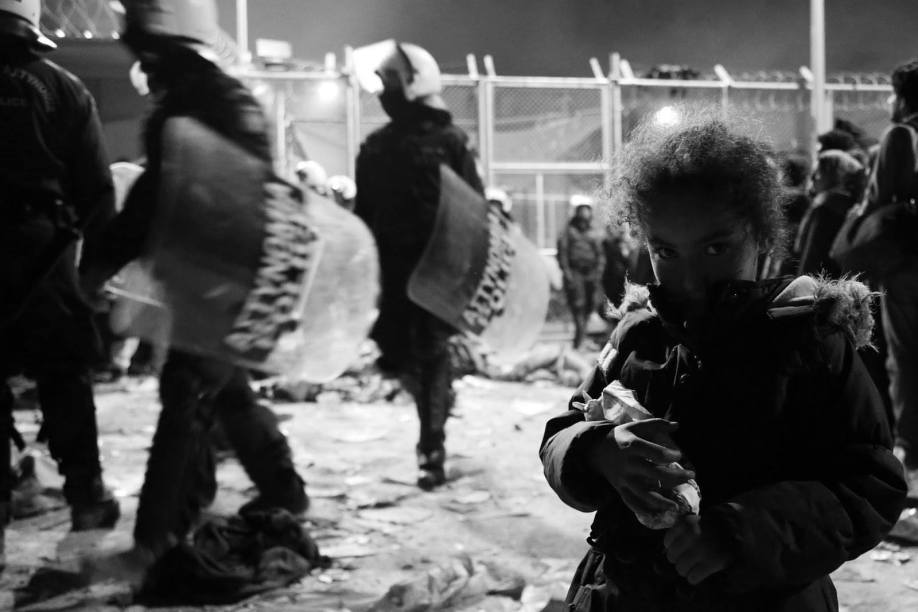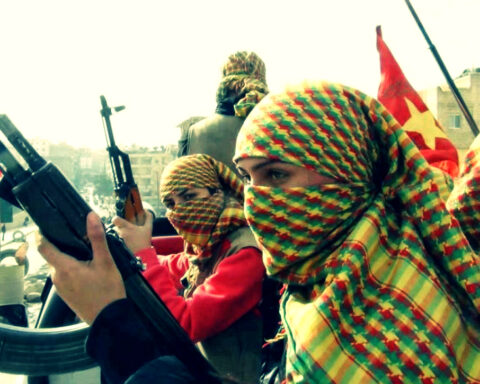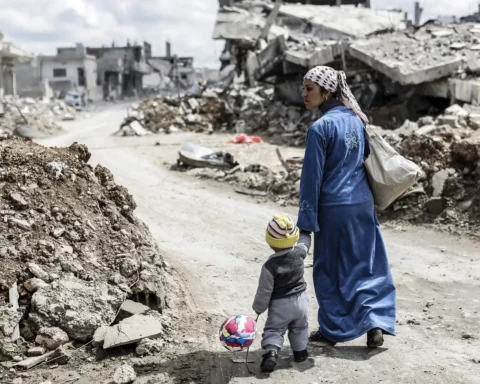Democracy
There’s no escape.
The big pricks are out.
They’ll fuck everything in sight.
Watch your back.
Harold Pinter (He already said it on February 2003)
At the historical point we are now in, the contradiction of capital is increasingly clear worldwide. Proletarians around the world are in turmoil as the reproduction of their existence becomes more and more difficult. But while it is already difficult for proletarians to continue their lives, it is capital itself, as a relation of exploitation, which is in a crisis of reproduction: The current struggles of the proletariat are the expression of the current form of this relation of exploitation.
During the last year in China, where the economy is still growing very quickly, all kinds of contradictions were rising. Clashes of workers with the police are common for a number of reasons: the demand for the increase of the very low wages on which the steep economic growth is based; attempts to prevent land enclosures in villages; struggles to get compensation for dismissed workers, and against the inadequacy of a health system which results in a high mortality rate for children. In the U.S.A., where there is a historical low in workers’ struggles, thousands of homeless and unemployed people have occupied vacant houses which had been seized by banks. Students have occupied universities in California and New York writing on their banners: We have decided not to die. They are demanding what was until recently taken for granted, just their ability to continue being students. Proletarians in South Africa and Algeria, from their much more desperate position imposed by the hierarchy of capitalist states, have made the same demands, of water and electricity, against being forced to live in slums, as they clash with police. In India as well, workers fight because the price of bread has suddenly risen, and they are starving to death. Last year in Spain, workers in shipyards which were shut down burnt police cars. In South Korea, dismissed workers occupied factories and clashed with police for two and a half months. In Bangladesh, dismissed workers clashed with police and burnt factories. In France and Belgium, dismissed workers kidnapped their bosses, placed explosives in the factories and threatened to blow them up if they were not compensated for their dismissal. In India and China, they kill their bosses during the conflicts because of thousands of upcoming dismissals. In this historical phase, proletarian struggles are objectively struggles for the right of the reproduction of existence itself.
At the same time, the restructuring of labour relations has accelerated and precariousness is the predominant situation for everyone now. Precariousness is manifested in the worst conditions: there have been 43 employee suicides in France Telecom in two years; in the U.S. 1,000,000 unemployed are desperately waiting to see whether Obama will once again extend the unemployment benefit, which runs out in April, or if they will be left with nothing. Unemployment numbers in most countries have surged, hitting records higher than in any other historical period.
In this historical phase we are in, there are more than enough proletariats for capital as the latter cannot effectively exploit the former, cannot produce the amount of profit needed so as a part of it to be anew put into profitable investments. This is the essence of any capitalist crisis regardless of the form it takes. The present form of crisis objectively puts proletarians’ reproduction at the center of the contradiction. The crisis first appeared as debt crisis of proletarian households in the U.S.A. It has already been transformed into a generalized debt crisis, and it is possible it will be transformed into a monetary crisis; that is, a debt crisis of large countries with strong currencies or even whole blocs of capitalist states such as the European Union. The debt crisis forces capital to turn to its only choice at the moment, which is to continue the strategy that created this crisis. It must further reduce wages and benefits in every possible way. This is the only choice of capital, because the debt crisis is the result of globalization and the restructuring of capitalist relations from which there is no turning back.
From the proletariat’s standpoint: “[it is] caught in the stranglehold of competition that can only reduce prices by reducing wages, in the servitude of debt which has become just as indispensable as income in order to live. The waged have, to cap it all, the chance of being tyrannised at their own cost, since the savings [are] instrumentalised by stock-exchange finance, savings which demand to be repaid without end, are their own.” (Le Monde diplomatique, March 2008). From capital’s standpoint, it is a relentless pursuit of the lowest possible price of labour power across the planet, but which has a limit: the existence and reproduction of labour power as this is socially defined in every capitalist state.
Capital is forced to try to resolve the crisis by destroying fixed capital (buildings, machinery, infrastructure) and variable capital (humans) in order to recreate the conditions of its reproduction, without being, at the moment, able to do it through its only directly effective manner, widespread global war. Thus, for the time being, the restructuring will inevitably deepen. The wage cuts are reaching the point where the lowest wage and the unemployment benefit tend to be equal, resulting in the explosive growth of debt for more and more proletarians. The privatization of “public” sectors (health, education, social insurance) is increasing dramatically. The unemployed have smaller and smaller benefits and are forced into slave-like working conditions with wages below the level of reproduction. The present historical period has reached its limit. That’s why the state places police guards outside schools in France or inside schools in the U.S.A. to arrest ‘undisciplined students.’ Capital’s only way out today is repression, but there is absolutely no way out of the crisis. This is obvious in cases of natural disasters such as in Haiti and Chile. In such cases, the capitalist system is directly put into question by proletarians, who, temporarily unable to be exploited as labour power, organize the expropriation of commodities and use them according to their needs in order to survive. Here, the only way to maintain capitalist property is by using military violence: Curfews during the night and straight assassinations are imposed in Haiti, while or imprisonment without trial takes place in Chile. Suddenly life looks like a prisoner’s life in concentration camps for the undocumented migrants who live in the thousands, imprisoned at the borders of each capitalist state.
The attack of capital against part of the working class in Greece is an aspect of this crisis of reproduction of capitalist relations. Greece today is in the eye of the storm of the debt crisis for many reasons. The most important is that the most precarious part of the proletariat rebelled in a way we all know in December 2008. Greece is an experimental lab for the new phase of the absolutely necessity of capital’s global restructuring. The bourgeoisie in Greece, as has happened many times in the past, has asked for help from more powerful bourgeois classes in order to impose a new form of exploitation. From the very beginning, the new government announced a higher national debt than the previous government in order to accelerate the introduction of the Stability Program). But the bourgeoisie itself is at the centre of the global crisis. The entire international economical press is waiting to see the reaction of the proletariat here in Greece and then to have an overview of the situation internationally. The biggest stores of loan sharks are competing with each other in order to lend and, thus, control the future of the Greek state, and thus the form and intensity of the local proletariat’s exploitation. The creation of the European Monetary Fund to IMF standards clearly shows that the contradiction of competition between capitals can now be solved temporarily, but it also shows that it does not matter who the boss of the proletariat is.
Any attempt to present the situation in a “better” way than it really is a meaningless effort. Any attempt to present the restructuring as Germany’s attack against Greece is suitable only for second rate TV-stations. SYRIZA (a leftist parliamentary party) has tried this approach, issuing nonsense about “sacred money” as compensation for a German Nazi occupation. An Orwell-type propaganda of the mass media has been mobilized, and restructuring is being presented as a natural disaster. At present, this propaganda has been partly successful. Some workers in the private sector have welcomed the reductions in the salaries of the employees in the public sector. The employees in public sector are divided on the basis of who is “truly privileged” and who is not. But all of them are in danger. If someone is wondering what being privileged means, they can ask the dismissed workers of Olympic Airways who occupied the State General Accounting Office. 15 days ago they accepted “the difficult and quite heavy program of the Ministry,” while the deputy-minister ignored them after they had begged him for a meeting. If someone is wondering about the impact on workers’ daily lives because of the attempted restructuring, one can ask the workers at the National Printing Office who after reading the text of the austerity plan’s law and realizing that 30% of their income was to be cut, decided to occupy the building they work at in order to prevent the printing of the Gazette! One can also ask them about the role of their trade union leaders who ended the occupation because they were orally “promised by the government” a circular amending the law!
There is nothing that can improve the situation. The ceremonial demonstrations called by leftists, as long as they remain as such, result in nothing but dead-ends. We are unmasking reality from the veils of politics. The stones that were thrown last Friday (March 5), and which covered the sky are not enough to make them listen to us. As more and more unemployed people occupy buildings and the police repress them; as more and more precarious workers and the unemployed clash with the forces of repression at any slightest opportunity; as the social chaos leads to organization on its own and takes the form of class revolt, then, the smiles of the showmen on the TV-news will freeze on their faces. The battles will be of similar levels to the violence accumulated over many years through the accumulation of capital and the expropriation of proletarian lives.
“What will happen in history, tomorrow, it can only be compared with the major geological disasters which change the face of Earth …”
– Victor Serge
– Victor Serge
text written in Greece for the demonstration and general strike in 5 March 2010 by Agents of Chaos
translated and published by the Greek political collective and magazine Blaumachen: http://www.blaumachen.gr/2010/03/democracy-theres-no-escape/

